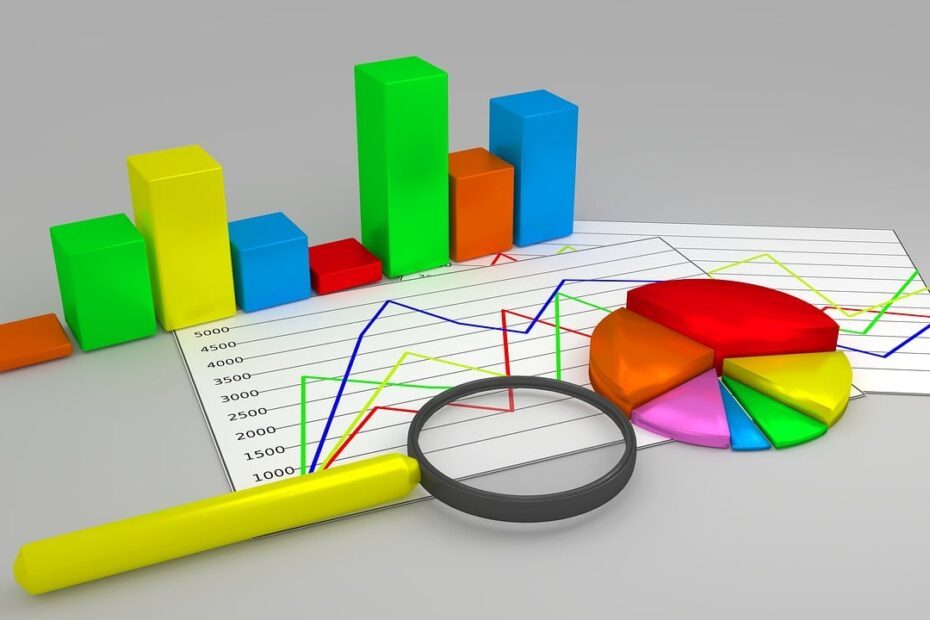Last Updated on September 8, 2023 by kavin
In today’s financial landscape, understanding creditworthiness is paramount. Whether you’re a business owner seeking a loan or an individual planning to make a significant financial move, your credit history plays a pivotal role. One essential aspect of this financial equation is the Commercial Credit Information Bureau Limited, commonly known as Commercial CIBIL. In this article, we’ll delve into the world of Commercial CIBIL, focusing on its class of activity, importance, and how it affects businesses and individuals alike.
What is Commercial CIBIL?
Commercial CIBIL is a specialized credit information bureau in India, primarily catering to businesses and commercial entities. It serves as a repository of credit information, collecting data from various sources, including financial institutions, banks, and non-banking financial companies (NBFCs). Commercial CIBIL analyzes this data to create credit reports and scores for businesses, helping lenders assess their creditworthiness.
Understanding the Class of Activity
The class of activity within Commercial CIBIL refers to the categorization of businesses based on their industry, size, and financial activities. It plays a crucial role in determining a company’s credit profile and influences its ability to secure loans and credit facilities. Let’s break down this concept further.
1. Categorizing Industries
Commercial CIBIL categorizes businesses into various industries, such as manufacturing, services, retail, and more. Each industry has its own credit risk factors and financial dynamics, which are considered when assessing creditworthiness.
2. Evaluating Size and Scale
The size and scale of a business are vital factors in credit evaluation. Large corporations and small enterprises may have different credit needs and risk profiles. Commercial CIBIL assesses these factors to provide accurate credit information.
3. Analyzing Financial Activities
A company’s financial activities, including revenue, profit margins, and debt-to-equity ratio, are scrutinized to determine its creditworthiness. Businesses with stable financial performance are often viewed more favorably by lenders.
The Importance of Class of Activity
The class of activity assigned by Commercial CIBIL is critical for several reasons:
1. Customized Credit Solutions
Lenders use the class of activity to offer tailored credit solutions to businesses. This ensures that the credit products meet the unique needs and risk profiles of different industries and companies.
2. Risk Assessment
It helps lenders assess the risk associated with lending to a particular business. Industries with higher inherent risks may face stricter lending terms or higher interest rates.
3. Access to Credit
A favorable class of activity can open doors to more extensive credit options, enabling businesses to access the capital they need to grow and thrive.
Impact on Businesses and Individuals
The class of activity within Commercial CIBIL has a profound impact on both businesses and individuals:
1. Businesses
For businesses, a favorable class of activity can result in improved access to credit at competitive interest rates. This, in turn, can support expansion, investment in new projects, and overall financial stability.
2. Individuals
Individuals associated with businesses categorized under favorable classes of activity may also benefit. It can lead to better terms on personal loans and financial products, as well as easier access to credit cards and other financial services.
Conclusion
In the financial landscape, Commercial CIBIL’s class of activity is a crucial factor that can make or break credit opportunities for businesses and individuals. Understanding its significance and how it impacts credit decisions is essential for anyone navigating the world of finance.
FAQs
1. How does Commercial CIBIL determine the class of activity for businesses?
Commercial CIBIL uses a combination of industry categorization, financial data analysis, and size assessment to determine a business’s class of activity.
2. Can a business change its class of activity with Commercial CIBIL?
Yes, a business’s class of activity can change over time, primarily based on its financial performance and industry dynamics.
3. What steps can businesses take to improve their class of activity?
Businesses can focus on maintaining strong financial health, reducing debt, and operating efficiently to enhance their class of activity within Commercial CIBIL.
4. Does Commercial CIBIL offer credit reports to individuals associated with businesses?
Yes, Commercial CIBIL provides credit reports and scores for both businesses and individuals, helping them make informed financial decisions.
5. How often should businesses check their Commercial CIBIL credit reports?
It’s advisable for businesses to monitor their Commercial CIBIL credit reports regularly, at least once a year, to ensure accuracy and identify any potential issues.
